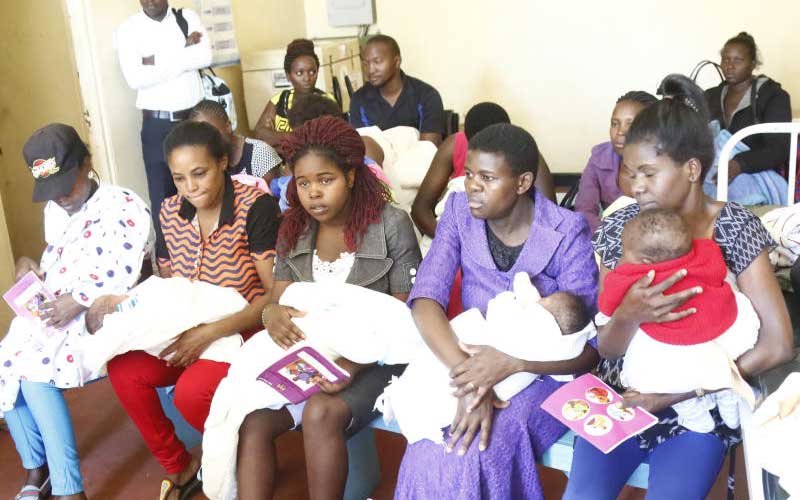×
The Standard e-Paper
Smart Minds Choose Us

Children exposed to life-threatening tuberculosis are among millions of Kenyans facing an acute vaccine shortage.
A survey by The Standard revealed that a number of health facilities lack life-saving vaccines or have limited stocks even as the Health ministry insisted its nine depots across the country were fully stocked, and blamed counties for poor distribution.